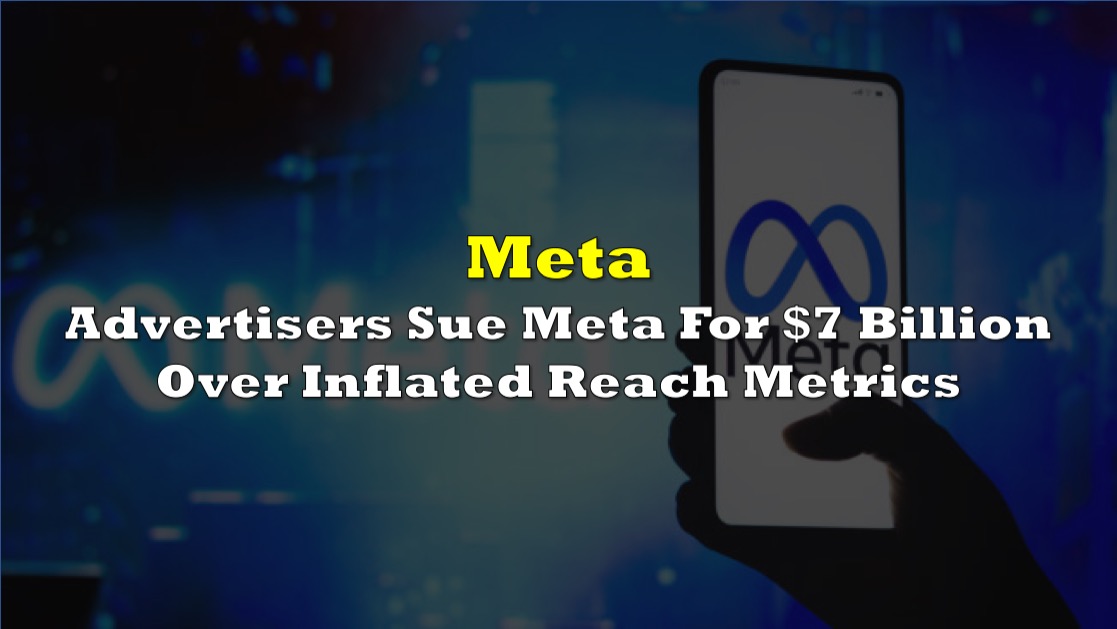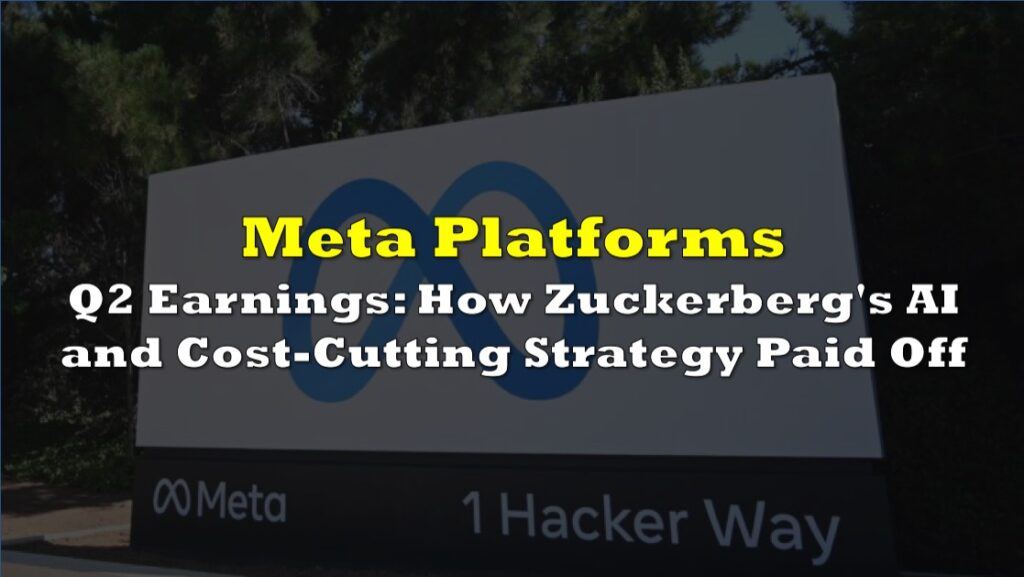A group of advertisers has filed a lawsuit against Meta (NASDAQ: META), the parent company of Facebook and Instagram, over claims of inflated “potential reach” metrics in advertising campaigns. The lawsuit, amounting to a staggering $7 billion, alleges that Meta knowingly misrepresented the reach of ads on its platforms, leading to financial losses for advertisers.
The controversy stems from Meta’s practice of providing advertisers with an estimate of the number of users who could potentially see their ads, known as “potential reach.” Advertisers argue that these figures are significantly higher than the actual number of users within the targeted demographic groups.
The ruling from the 9th U.S. Circuit Court of Appeals in San Francisco allows advertisers to pursue legal action against Meta, accusing it of inflating the platforms’ potential reach metric by as much as 400%.
For instance, the lawsuit claims that Meta’s reported potential reach among 18-34-year-olds exceeds the actual population of that demographic in various states. In Chicago, for example, the potential reach figure is alleged to be four times higher than the number of actual 18-34-year-olds with Facebook accounts.
What's the "$7B lawsuit" against Meta about ad fraud all about?
— Rob Freund (@RobertFreundLaw) March 30, 2024
Anyone who has bought FB ads is familiar with the “potential reach” info shown before making a purchase.
A group of advertisers is suing FB/Meta for inflating that potential reach metric. 🧵 pic.twitter.com/FpwjZGL0Ei
The advertisers further assert that Meta’s senior executives, including former COO Sheryl Sandberg, were aware of the inflated metrics driven by duplicate and fake accounts, including bots, and allegedly took actions to conceal this information. As a result, advertisers were misled into paying more for ads than they would have if they had accurate information about the anticipated reach.
Jason Kint, CEO of Digital Content Next, a nonprofit trade group, stated, “The claim is that [plaintiffs] made advertising spend decisions based on inflated reach.” He emphasized the importance of the metric, despite Meta’s argument that advertisers mostly pay based on performance metrics.
Initiated in 2018 by former Meta advertisers DZ Reserve and Cain Maxwell, the case potentially encompasses millions of advertisers who have run paid ads on Facebook and Instagram since August 15, 2014. DZ Reserve, an ecommerce business, invested over $1 million across 740 Meta ad campaigns, while Maxwell’s online firearm mount store allocated approximately $379 to 11 Meta ad campaigns.
Despite Meta’s efforts to have the case dismissed, the judge has certified it as a class action lawsuit. This decision allows the advertisers to represent all individuals who have purchased Facebook or Instagram ads through Meta’s Ads Manager or Power Editor since 2014 and were provided with potential reach figures exceeding 1,000.
Meta has appealed the certification ruling, but the recent decision by the court of appeal largely upheld it, signaling a setback for the tech giant. The court’s decision means that the lawsuit can proceed on behalf of affected advertisers.
The next step in the legal process will involve Meta’s summary judgment motion, which represents its final attempt to dismiss the case before it potentially goes to trial.
Information for this story was found via Adweek and the sources mentioned. The author has no securities or affiliations related to the organizations discussed. Not a recommendation to buy or sell. Always do additional research and consult a professional before purchasing a security. The author holds no licenses.









